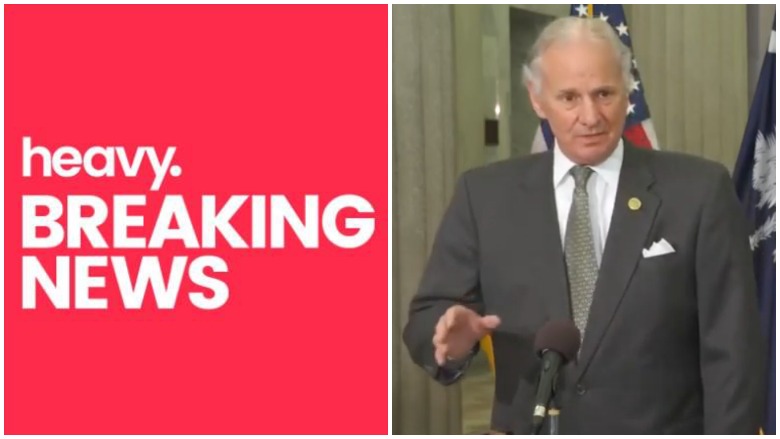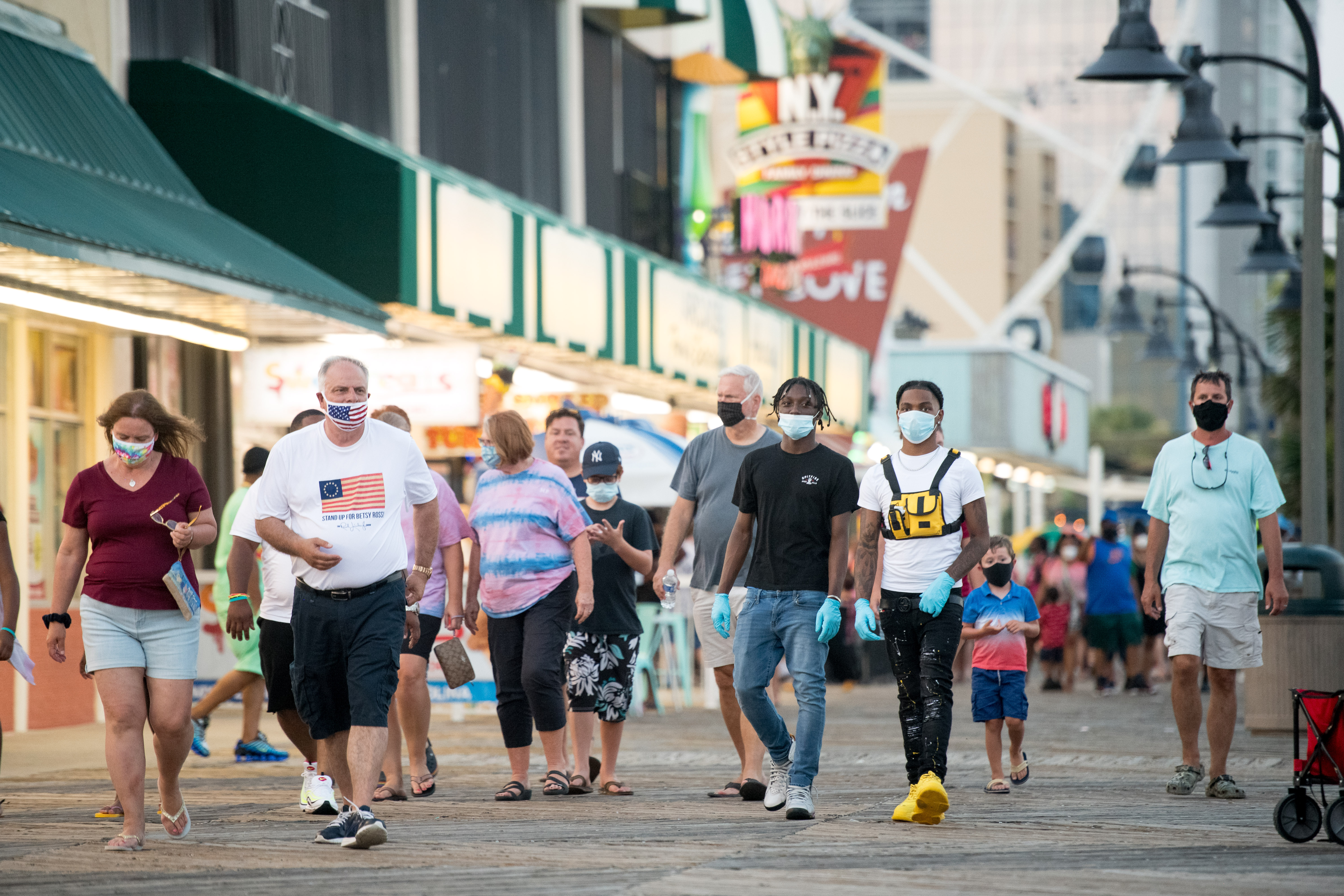
South Carolina Governor Henry McMaster has taken aim at alcohol sales in an attempt to curb the spread of the coronavirus. He has issued an executive order banning bars and restaurants from serving alcohol after 11 p.m. The mandate takes effect on July 11 and will remain in place until further notice.
The governor explained his decision in a prepared statement:
We know that young adults who are rapidly contracting the virus and spreading it into our communities frequently congregate in late-night atmospheres which simply are not conducive to stopping its continued transmission. This measured, carefully tailored approach will lessen the opportunity for South Carolinians to put themselves and their loved ones in harm’s way.
McMaster cautioned that businesses that do not comply with the order could face fines and have their liquor licenses revoked. He said the order applies to 8,000 bars and restaurants across the state. He warned that although other rules, such as mask requirements, are more difficult to implement, a late-night alcohol ban “is an order that the state can enforce.” The executive order does not apply to grocery stores and other retailers that sell alcohol.
The late-night alcohol sales ban comes amid a recent spike in COVID-19 cases, especially among younger adults. According to data from the South Carolina Department of Health and Environmental Control, cited by WLTX-TV, 42% of all of South Carolina’s coronavirus cases have been reported in the last two weeks alone and adults ages 21 to 30 account for 22% of total cases. Cases among younger adults have also risen by 436% since June 1.
Here’s what you need to know:
Gov. McMaster Says He Hopes the ‘Last-Call’ Order Will Encourage Younger Adults to Behave More Maturely
Gov. McMaster described his executive mandate as a “last-call” order during a news conference on July 10. He explained that by prohibiting alcohol sales in bars and restaurants after 11 p.m., he hopes to encourage young adults to behave more responsibly in regard to guarding themselves against the virus.
“Many of the young people in our state as well as around the county seem not to be taking the virus as seriously as they should,” McMaster said. “And we hope that this will help all of us, particularly the younger generations, to realize just how serious this virus us and how much is at stake if we don’t see these infection rates start dropping.” He pointedly addressed younger residents when he said, “It’s time for our younger adults to behave like mature adults.”
McMaster explained that South Carolina businesses and workers had suffered as a result of the virus, as well as students who were forced to stay home from school. The governor added that older people, who are more at risk of becoming dangerously ill from the virus, suffered from loneliness while staying isolated from younger families. McMaster urged constituents to take the health crisis seriously in order to move past it and keep more vulnerable age groups safe.
“This is very serious. Wear your mask. Keep that distance. Wash your hands. Be careful,” McMaster urged. “Don’t cough or sneeze or get too close to people, particularly the older people because although our younger people may feel just fine and show absolutely no signs or symptoms, they might be just carrying that virus, as we know from the statistics, and unintentionally inflict permanent damage. So again, wear your mask, wear your mask, wear your mask. Wash your hands. Keep that distance. Follow those rules and we’ll get through this.”
South Carolina Was Among the Last States to Implement a Stay-at-Home Order & Among the First to Begin Reopening

Getty People walk on the boardwalk on July 4, 2020 in Myrtle Beach, South Carolina. Vacationers traveled to the SC beach despite growing concerns about the the spread of COVID-19.
South Carolina was among the last states in the nation to issue a stay-at-home order amid the coronavirus pandemic. McMaster ordered non-essential businesses to close on April 6, more than three weeks after President Trump declared a national emergency.
But McMaster began loosening restrictions after just two weeks. Retailers were allowed to reopen on April 20. The stay-at-home order expired on May 4 and restaurants with outdoor seating were also allowed to resume on that day. One week later, establishments were allowed to reopen dine-in services at 50% capacity. Businesses such as gyms, barbershop and salons were permitted to reopen on May 18. Sports leagues returned on June 15.
The decision to allow businesses to reopen put many South Carolina workers in a tricky situation. The Free Times newspaper, citing the state’s Department of Employment and Workforce, reported that if workers were given the chance to return to their jobs but chose to stay home, they could not receive unemployment benefits.
Individual cities and counties in South Carolina now require face coverings in public but there is no statewide mandate. McMaster explained during a June 26 news conference that he felt a statewide order would be “ineffective” because “it is impractical to have a mandate to have everyone wear a mask, because it is not enforceable.” WIS-TV compiled a list of the specific rules various counties have enacted concerning face masks and noted that the typical punishment for not wearing a mask is a fine ranging from $25 to $100.
READ NEXT: Colorado CEO Pulled Gun On Hispanic Man Who Pulled Into His Driveway, Cops Say